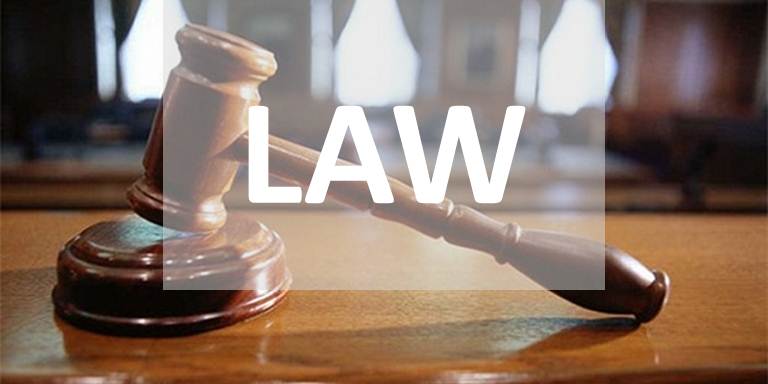How to deal with the Internet malicious competition? What is the solution if a former employee divulges commercial secrets? What is the relationship between unfair competition and integrity? … For these new problems and issues, the Standing Committee of the National Congress revised the first amendment of the Anti-Unfair Competition Law last month.
The Standing Committee of the XII National Congress made the first amendment of the Anti-Unfair Competition Law, which had been submitted by the State Council recently.
In those first amendments, acts of unfair competition are framed in the context of a correct progress of the competition (competition order) and no more in the generic socio-economic system. The State Council will implement the regulation and coordination of competition and will study further policy mechanism to combat unfair competition and maintain the trend of a more healthy market. Controls and repressive measures of unfair practices will be the responsibility of administrative offices and the Ministry of Industry and Trade. No organ of state and no public servant will become accomplices of unfair competition activities.
In a wider context of protection, Article 6 then indicates further the possible activities of unfair competition regarding the use of the brand, the website and also the mark with a reputation in order to not mislead “the people”.
It does not only relate to misleading advertisements, but also to any acts of corruption in commercial operations.
The professional secrecy is repeated in Article. 10:public officials, lawyers , civil servants, and other professionals will have to keep the commercial secrets.
For further information about these amendments, please write to info@dandreapartners.com.







